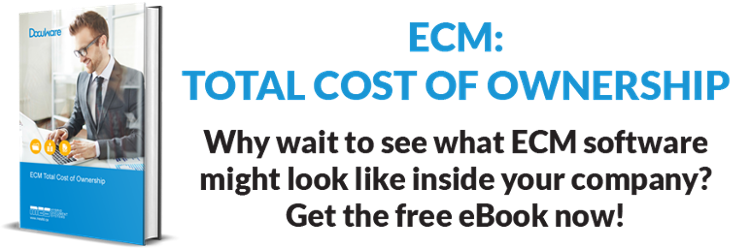Why Is It Important?
Though more companies are embracing content management practices at varying levels, some still fail to understand the terminology. Some companies also struggle to take a comprehensive strategic approach with these practices. It speaks to their lack of understanding of ECM – a centralized platform used to consolidate digital content storage – and how it functions.
Content services simplify how content management practices are executed while seamlessly relaying information. Organizations can pick and choose content capabilities or functions they need as opposed to buying an all-inclusive product suite. These services have custom options. They let you use multiple repositories instead of isolating content in a separate repository that is difficult to access and out of context.
It’s Not a Replacement
It should be clarified that content services don’t replace ECM solutions, but improve on them. Such solutions that have aided your organization in capturing, managing, and storing content can be extended using content services through collaboration, automation, and analytics.
You can make a positive change with technology, as it addresses new questions about how your organization utilizes content. Traditional ECM software focuses on content storage and capture. Content services allow you to decide how users can access information and when or where it's needed in its simplest format.
Platforms
Content services platforms focus on processing and governance. Platforms will have their own repository while integrating external repositories through APIs and connectors. Tools are provided that support common content use cases. Common platform services available include document management, search, indexing, categorization, version control, workflow, records management, content analysis, and more.
The Benefits
These platforms are vital to connecting people, processes, and content across organizations. They empower workers to view and deliver relevant content at their convenience. Workers can access and interact with content from within an application through a customized workspace. Ideal platforms allow for low or no-code development of plug-ins that separate user experience from the underlying content repository.
Content services ensure content lives where it’s created while being accessible. Intelligent, automated metadata, as well as categorization capabilities, ensure that content is managed thoroughly from creation to dispersal. Platforms will also provide a single, trustworthy source that delivers integrated records and metadata management. Plus, that source provides version control over business content, even if it is stored in other enterprise repositories such as Microsoft SharePoint, SAP applications, or email.

